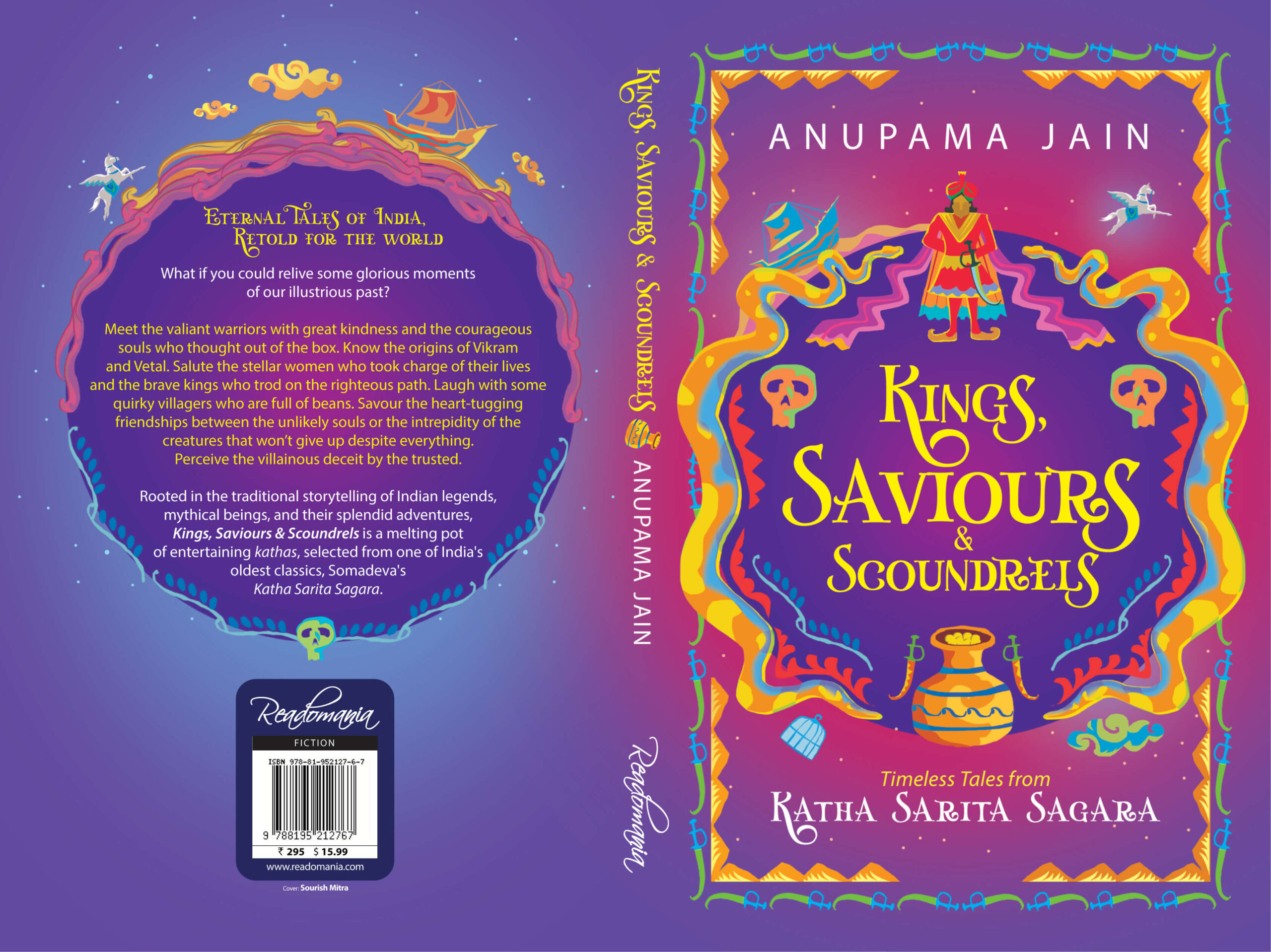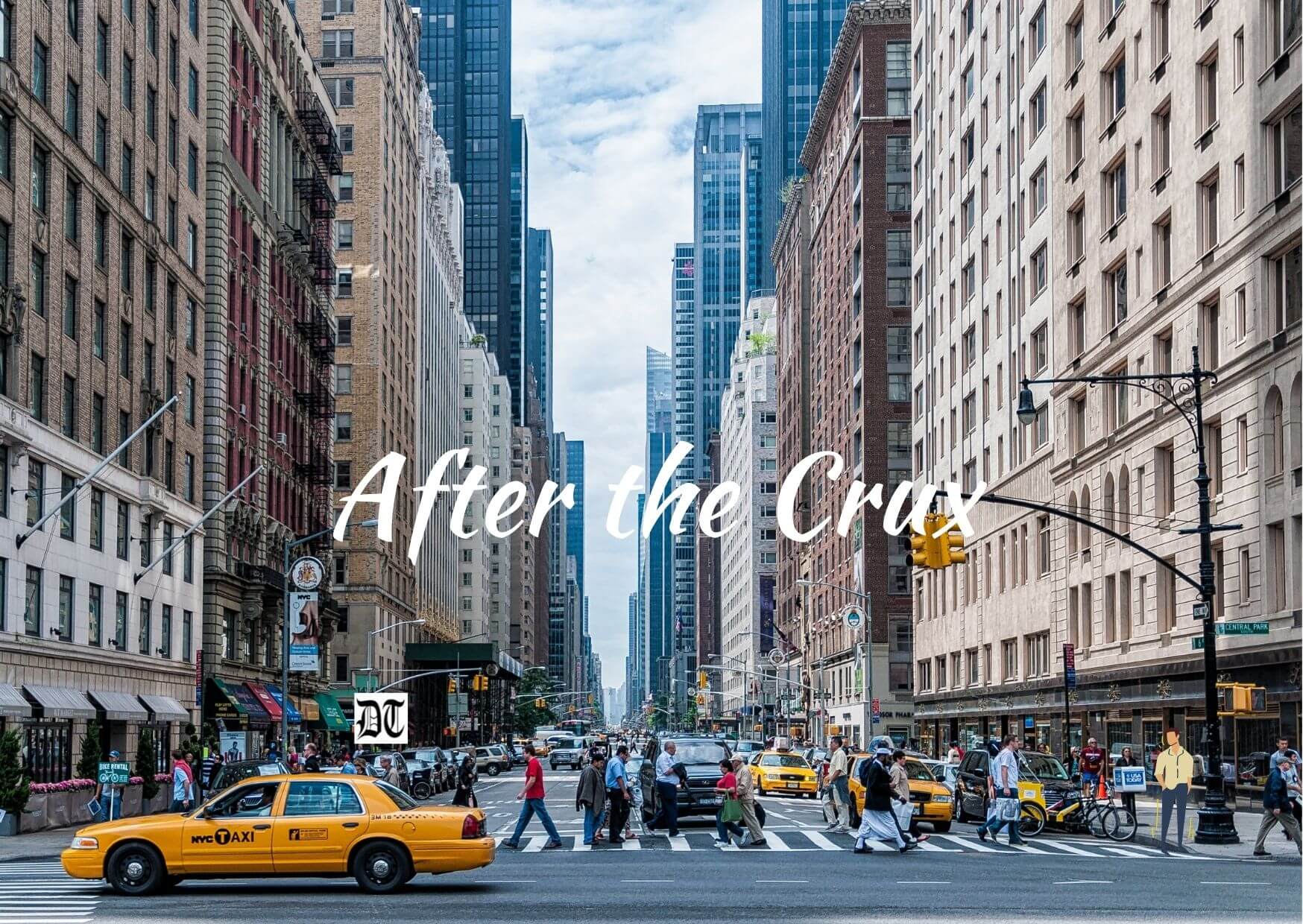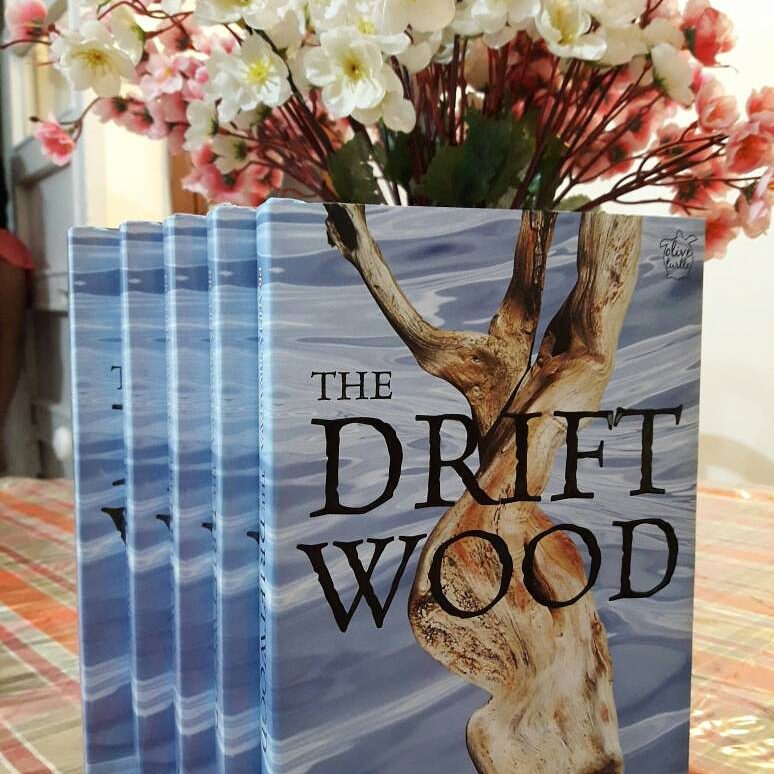A Modest Menu looks beyond the measurable aspects of poverty, hunger, global land use and food security, waste and pollution, human trafficking, exclusion, and the myriad other challenges which affect our lives, and will impact our future. A varied selection of essays, poetry and short stories shed light of conditions shared by those most impacted by lack of inclusion, based on the author’s own travels, observations, research, and work among hundreds of people, groups, and cultures around the world we share. Several scalable projects, which were developed and implemented by the author in local communities around the world are also presented within these pages. A Modest Menu does not present an exhaustive summarization of data, nor vast collections of proposed solutions, but, mainly, an accessible collection of writings intended to engage readers, and encourage dialogue about contemporary questions on poverty, hunger, ethics and inclusion, as well as offering some possible responses to needs, and a bit of future-casting for fans of science-fiction as well. It’s a must read book by Michele Baron. Here are two stories from the book, as Book Extract, exclusively for Different Truths.
Brick
Friday 8 August 2014
The two sat and watched from their chairs at the corner table, in the eatery with the nondescript floor displaying patterns woven from the trodden bits of fallen food, stains of beverages splashed from cups, and the footprints left by working shoes which daily walked through the detritus of fuels and materials greasing the lower gear-wheels of construction and commerce. They nodded to the other two, expensive running shoes, low-slung baggy trousers, cell phones in use, eyes never resting long, refilling their cups though they probably were not thirsty. And they let their eyes linger on the chatting group thronging in, colorful clothing fitted over opulent curves like tufted plumages of bright birds, flitting through the space and focused on fulfilling expectations for which the coins and bills wadded in disorganized purses and pockets would suffice.
Neither belonging nor out of place, she walked through, pausing to pick up a small coin lost on the floorboards, and make a silent wish; some hopes seem never to fade. Seeing the bright eyes of one of the younger children clamoring around the brightly-clad women regarding her, she passed him the coin and grinned—“make a wish,” she urged, and turned, moving on. The two at the corner table regarded her with fleeting interest, eyes seeking something which she did not recognize. So she nodded to them, saw them barely nod in return, their eyes already dismissing her and sliding away.
Alongside the building, snoring sounded through the half-opened windows of a dented, parked car, paint faded, doors locked, man sleeping inside the hot car, on a reclined front seat. A couple of older men argued with each other and a radio from a doorway across the street, and a large woman stepped slowly up the uneven squares of the sidewalk, mopping her brow and pushing back grey hair curling enthusiastically in the humid afternoon heat. A large dog stared disdainfully at a leashed long-haired short-legged dog, who hurled yapping insults with the bravado of one walking on the open side of a locked fence. In the distance, children’s voices echoed against the steaming brick and stucco walls of the city’s less-fashionable streets, and some birds called to others from the leaf-covered branches of trees pruned to survive the arid impermeability surrounding their rock-strewn root-boxes in the paved city streets.
Her sneakers were old; she could feel the sharp stones, broken pieces of asphalt and concrete, shards of glass beneath the soles as she walked, though she walked softly of habits long-formed not to leave tracks. The sun glowed unceasingly, glinting with blinding force from windows which would again show their dirt when the sunlight receded. The black clothing she wore was faded, but absorbed the heat nonetheless; in the steaming streets she would have perspired, but the baggy shirt and pants she wore wicked the moisture away, and she shifted her shoulder bag from side to side to stay cooler.
She passed by some guys tearing down a motor in a car shop; they barely raised their heads from the engine, though the oldest, with one sleeved pinned shut high-up and empty, waved his left hand in brief greeting. A large, non-descript dog rushed out to challenge her, teeth bared and growling deeply in apparent threat, until she offered the back of one hand, then grabbed both his ears and gave him a good scratching, and spoke in words only he heard. She was new to these streets, but knew a friend when she saw one, and trusted the friends with four legs more than any others.
A lot of the shops were closed, some boarded-over, some dark, but promising to open up for evening customers. Interesting smells hovered near a walk-in with a couple of extra tables and scarred chairs gracing the sidewalk near the entrance, under a sign announcing “Fresh seafood and BBQ ribs” and “coffee all 25 hours.” Except for the food, though, and some of the clothing, it might have been almost any city, any back street, any mid-afternoon neighborhood where aging regulars mingled with newcomers of undisclosed job-titles and dependable shoes, and children wove their noisy ribbons of color in between them all without concern, as the grime-coated windows of multi-residence buildings compounded their histories across generations of hard-scrabble living on the worn, outer edges of urban modernity.
And he walked around the corner, out of the shadowed stairway where he’d stood, considering whether or not to speak as he watched her notice him, slowing with the awareness of a wild thing recognizing something similarly untamed. She saw the tattoos sleeving his arms, his neck, his cheek near the eyelid; and he saw that she paused, eyes coming slowly to focus—she had been half-day- dreaming as she walked along the hot streets. He, too, looked to see something her eyes did not hold, and she watched as he dragged one last lung-full of nicotine from a half-smoked cigarette, eyes glittering, though narrowed against the curling heat of the smoke. He carefully stubbed the cigarette out on the brick of the wall, and pocketed the remainder for later, and she nodded in wordless salutation. Life was tough, tougher still where he’d recently walked, though he stood on the open side of the fence on this day. And he nodded to her, and they both smiled a bit… comrades for an instant where so many walked, but so few looked beyond their own steps to see more…
***
Tire
Best behavior… be on your best behavior, and don’t let them see you are hungry, or you will be arrested for begging. You must sell the tissues, she told the boy. She was starving. He and his younger brothers and sisters were always hungry, on the edge of starving. Their clothes were not whole, but they had been patched. They were as clean as she could keep them. She kept the man’s clothes clean, and patched, too. They spoke a patois of languages not taught in school, the man and woman knowing enough to get by but not enough to get hired for any jobs that lasted more than a sunrise or two, especially since there were so many nearly-poor people with better words, and places to leave children safely so they could work the few coveted cleaning and service jobs that did exist. The man and women left the children in the care of the boy, telling him to sell tissues and keep the children quiet. Selling packages of tissues, or a blossom or two wrapped in carefully recycled cellophane or foil did not bring a dependable income, and if the goods were damaged or no longer fresh, no one would buy them, but the money was still owed.
The man had hit the boy again yesterday, because the child had tried to go to school, instead of staying on the street to hawk tissues. The boy was getting bigger, and embarrassed by his inability to speak like the children who stayed in school, and he sold less and less since the passersby thought he looked big enough to be doing something else, not beseeching the kindness of a tissue-purchase. He was too small to push a fruit cart, even if he could find one to use, and even if he carried only a basket, but did not sell all the fruit before it spoiled, he would owe money for the rest of his life. The boy had an angel’s smile, marred by sadness, frequent black eyes, and teeth already broken by uncaring fists. She cried to see him, hiding bruises of her own, which she earned often, trying to stop the man’s rage.
School out of reach, the boy would run for hours, along the outskirts of the city, seeing how the shanty-town dwellers sometimes built domed ovens of glass bottles, covered with cement, to bake bread, or made grills of half-barrels or small char-pots filled with charcoal to cook flat-breads or closed-pot meals, but he was afraid to try. So much to purchase, things to get spoiled if unsold, equipment to become lost, broken, stolen… Even selling tissues, the policemen and local gang leaders wanted their payments for permission… permission to stand on a corner, permission to sell for a pittance, permission not to get beaten, or worse.
He ran, he returned, and worked and worked to sell tissues no one seemed to want; he washed, and he went to worship when he could, keeping to the edges and shadows where congregants might not notice him, since notice did not bring kindness. Sometimes the prayers spoke of a salvation, of a heaven for the blessed, of the servants of the All Mighty, and of the blessings of service and of serving the poor, and the boy would listen. There would sometimes be lessons about working, and becoming something in the future, about finding what people needed, and answering that need. But the boy was afraid to try; the man hit him for not selling enough, the police hit him for selling at all, the gangs hit him for not belonging, and the school barred him because of those with whom they feared he belonged… Only she seemed to see him with eyes of acceptance and love, but her eyes held so much sorrow, he could only see the hope when she looked at him and his siblings. Her eyes had seen so much sorrow, they held no memory of ever having seen any answers, so he could find none there, though she loved him.
Sometimes the boy would run to the parking lots of the sports stadiums which dotted the city-scape, and hide along a wall near the guards who sat and listened to talk radio. The boy heard about scientists who said education was necessary to overcome poverty. He heard about scientists who said they could measure market data to warn about bank losses and possible dangers of financial terrorism. He heard about violent terrorism, and about scientists who discussed the various merits of separating or combining religion and politics with social fabrics, about youth from villages who went to other places and got money and training as terrorists, and what the scientists thought should be done about that, and he heard about scientists who recommended the quarantine of whole villages to stop the outbreak of disease. The guards mostly listened to broadcasts speaking a similar patois to their own, so the boy could repeat a lot of the words, even if he did not understand them all, and he would listen as the guards argued this point and that. The boy hoped to meet a scientist someday to ask some questions of his own, but mostly he sat so quietly that the rats resumed their busy foraging, and breathed in the alternating aromas of tea, cigarettes, and occasionally, meal-time as he sat near the guards and tried to learn.
The boy did not want to be a terrorist; he did not want to join one of the roving gangs, with their cons and scams and begging teams, and worse. He wanted to go somewhere safe, with his mother and the other children, and maybe grow a little garden, and earn enough so they could be safe. He did not want to be an embarrassment or a duty or a cause of local alms groups, because that only brought more beatings.
Sometimes the boy walked nearly the whole night, trying to sell tissues, trying to forage for cast-off valuables or bits of discarded, still-edible food, trying to stay away from the man, from the police, from all the others. Though she always made space, there was not enough really room to sleep near his mother anyway, and so he tried to wait, and come home late, when he could see how she slept—how young, carefree, and beautiful she looked—as beautiful as his little sisters.
He loved to see that peace on her sleeping face. Her face changed so much when she awoke to the cares of each new day; he did not want his sisters to begin to wear the same sad, aged look, once they had reached an age when they could be married, or bartered…
The boy walked in nicer neighborhoods, knocking at gateways and barred doorways, begging for work as guard, gardener, cleaner, anything, but mostly people would ‘shoo’ him, or have him chased, from the shadows of the sidewalks skirting the exteriors of their walled homes. The boy walked to stores, to schools, to hospitals; even when he asked only to work for enough money to get food, and acted old enough to be working… there were too many people, larger, older, stronger, seeking the same jobs, or holding on to them fiercely. Always, always, the tattered plastic bags protecting the tissues to be sold beckoned, taunted, demanding to be sold, counted nightly by the man, who demanded money, or took payment with fists and boots.
And, eventually, the boy walked again near a school where, younger, he had often lingered to hear the songs, and the repetitions of alphabets, numbers, and lessons. The boy saw a huddled heap on the sidewalk, blackened and buzzing with flies, just down from the steps leading out of the school, before the first busy intersection of the road. He saw the children, pouring out of the school gaily as birds, chattering, clattering in their nice shoes, clean clothes and bright smiles, passing the heap without a glance, though they did move aside enough not to brush through it or the hovering flies. Drawn by the fleeting proximity to happy children, he drew nearer. A voice said, “They tie them, and leave them, so you can learn.”
The boy looked for the speaker, then realized he was standing in a cloud of flies, and looked down to see the charred and twisted remains of a man with a tire burned to melted, hardened pools of metal and rubber around his neck. The boy recoiled, and started, ready to run. The voice continued “…he took food. He was hungry, his family was hungry, and they caught him. They taught him. Now they let him teach you… you cannot steal…” The last echoes of happy children’s voices fading into the clamor and squalor of the crowded intersection, the boy tore his eyes from what had been a hungry man, and ran…
About the Author
American-born Michele Baron is a published essayist and poet, and has written and illustrated several children’s books, with themes ranging from autism/special needs, the overcoming of socio-economic isolation, to multi-cultural folk tales, travel, and adventure. Traveling on special-studies scholarships, the Fulbright Program, and with her diplomat-husband, Ms. Baron has enjoyed opportunities for creative/interactive outreach, gardening, teaching and masterclasses, writing and (as a trained vocal soloist, instrumentalist and artist) performance with individuals and groups in local neighborhoods (and on grand stages) around the world. Ms. Baron presented several of her original scalable projects at the 2013 World Environmental Educational Conference (hosted in Marrakech) Recipient of a Franklin Award for her work in Economics/Entrepreneurship, Public Affairs and Outreach from the US Embassy in Rabat, Morocco, and a Xeriscaping/Green Embassies Award for her sustainable gardening and greening efforts while at the Consulate in Fukuoka, Ms. Baron currently resides in Kyrgyzstan.
(Contributed by Michele Baron, author, A Modest Menu).
Editor’s Note: Excerpted with permission from ‘A Modest Menu’, by Michele Baron, published by the author. It is reproduced as received. DT has not edited it.
Publishers, authors or literary agents may please send Book Extract (fiction and nonfiction in English language), in not more than 3000 words, including Author’s Bio. Send it to different.truths2015@gmail.com, marking Book Extract in the subject line.
©Michele Baron, 2015
#BookExtract #Bookclub #MicheleBaron #AModestMenu #Different Truths







